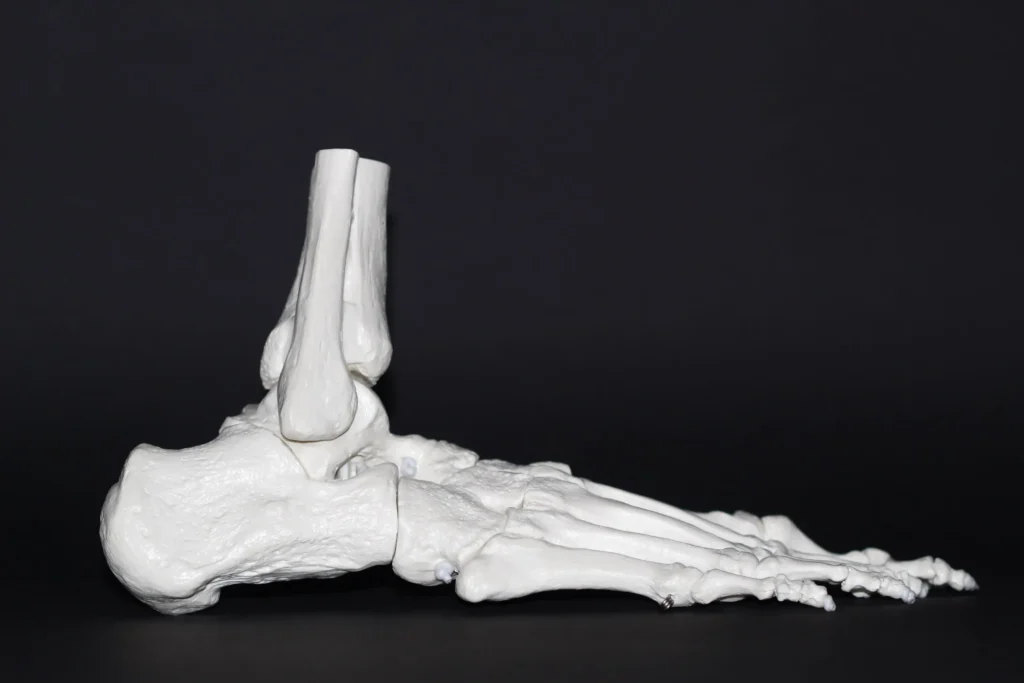In the UK, it is estimated almost 1 in 10 people ages 55 or over are affected by peripheral neuropathy. This condition develops when nerves in the body’s extremities, such as the hands, feet and arms, are damaged. The effects of neuropathy include loss of feeling, heightened sensitivity, abnormal sweating, and your ability to sweat, consequently making your skin look much older.
Several diseases commonly cause peripheral neuropathy, for instance, diabetes and rheumatoid arthritis, side effects of medications or following chemotherapy treatments and vitamin b12 deficiencies. However, if your GP has investigated all possible causes without success, it is named idiopathic neuropathy.
How is neuropathy diagnosed?
Using tools known as monofilament, vibratip and neurotip will help uncover any problems. On occasion, blood tests are required along with nerve conduction studies or a visit to a neurologist. Unfortunately, neuropathy is not reversible; however, it has been known to cease when some of the common causes have been addressed, such as vitamin b12 deficiency.
What are the treatment options for neuropathy?
There are several treatment options for each symptom of neuropathy, and below you will find them listed:
Hypersensitivity and abnormal sensations: Usually, your GP’s first port of call would be to prescribe either cream or self-adhesive tape, which should be applied to the affected areas. Although, if this fails, tablets are usually prescribed as a backup to help with the pain.
Loss of feeling or numbness: This symptom can be potentially dangerous as you cannot rely on your sense of pain to tell you if something is wrong. Don’t threat; just work these safety checks into your daily routine, and you’ll be good to go!
- When putting on your shoes, check them first for any foreign bodies.
- When running a bath, check the temperature with your elbows, not your hands and feet!
- Check the bottom of your feet at the end of the day for any bleeding, discolouration, cuts/wounds, and anything stuck in your feet or out of the ordinary.
Dry skin: Swap your shower gels for something a little healthier! Anything that is a non-foaming emollient such as aqueous cream or Aveeno shower gel, should do the job perfectly. Don’t forget to apply these substances to the affected area every day!
If you feel you may be suffering from peripheral neuropathy, visit a podiatrist or your GP and get checked out. The sooner that you catch the problem, the easier it will be to treat.


